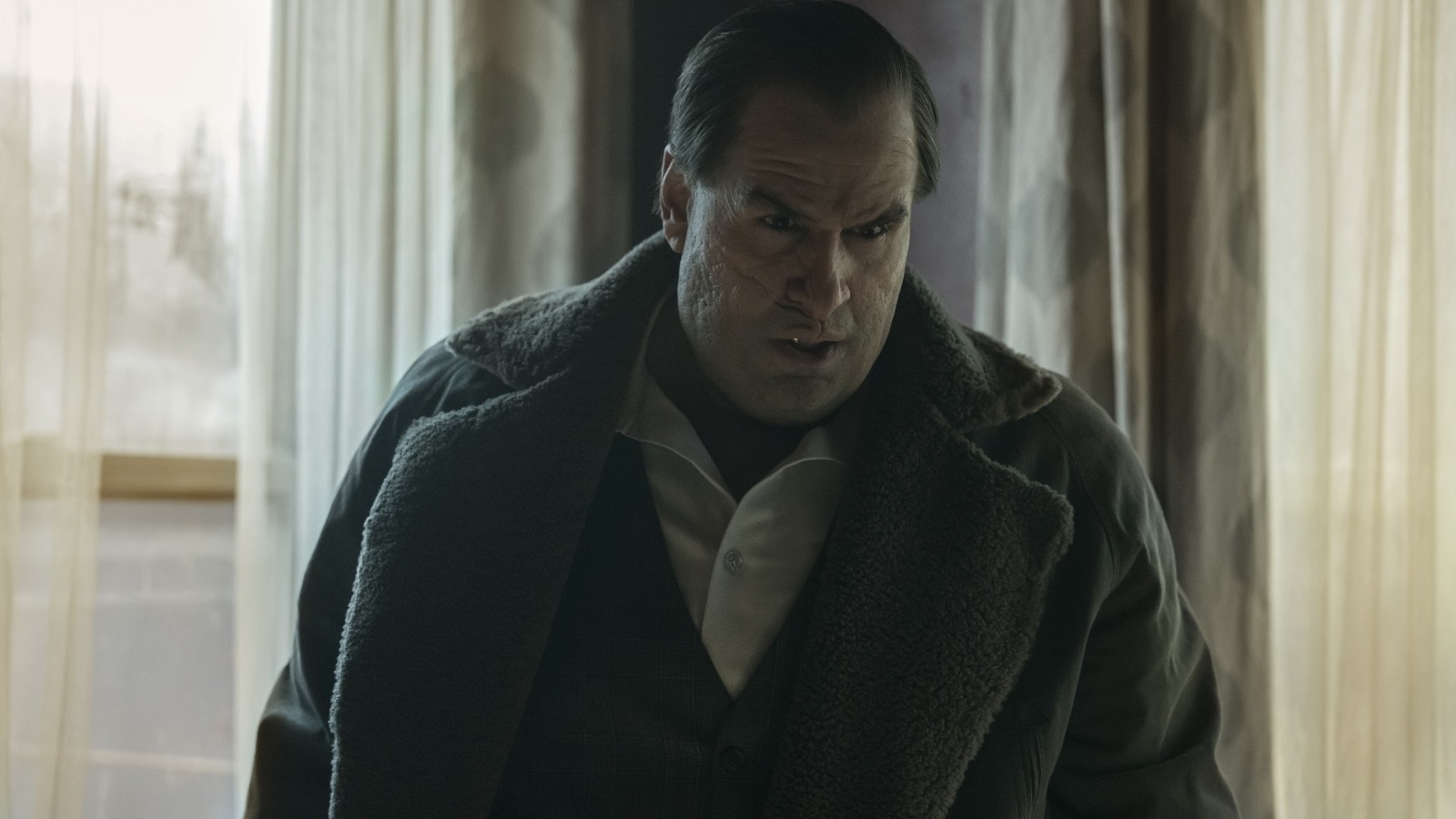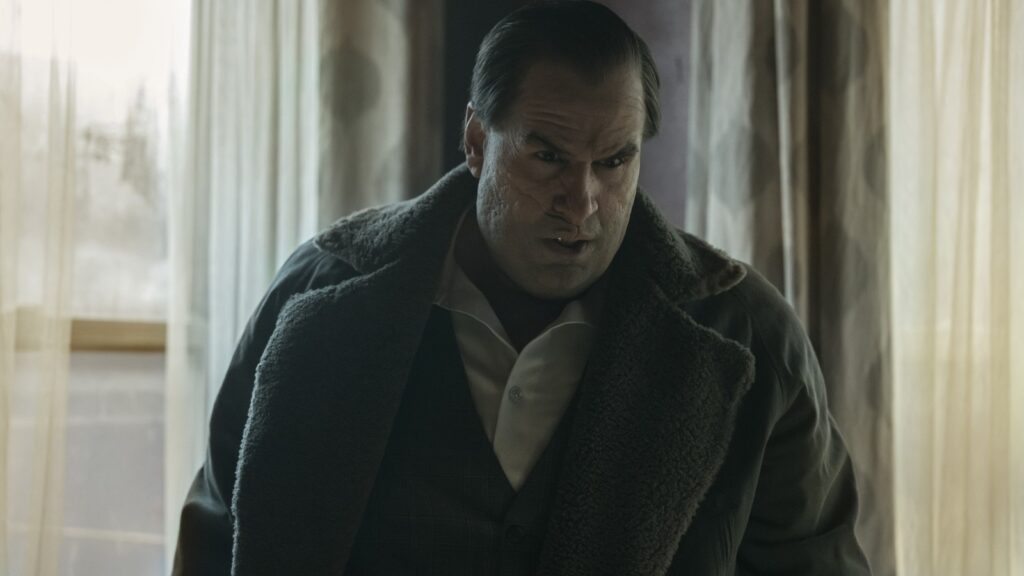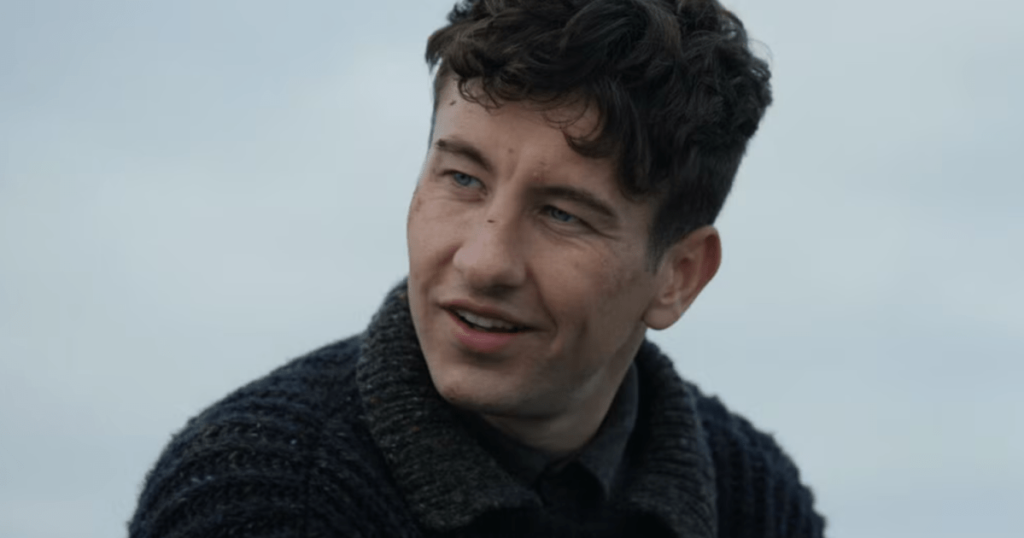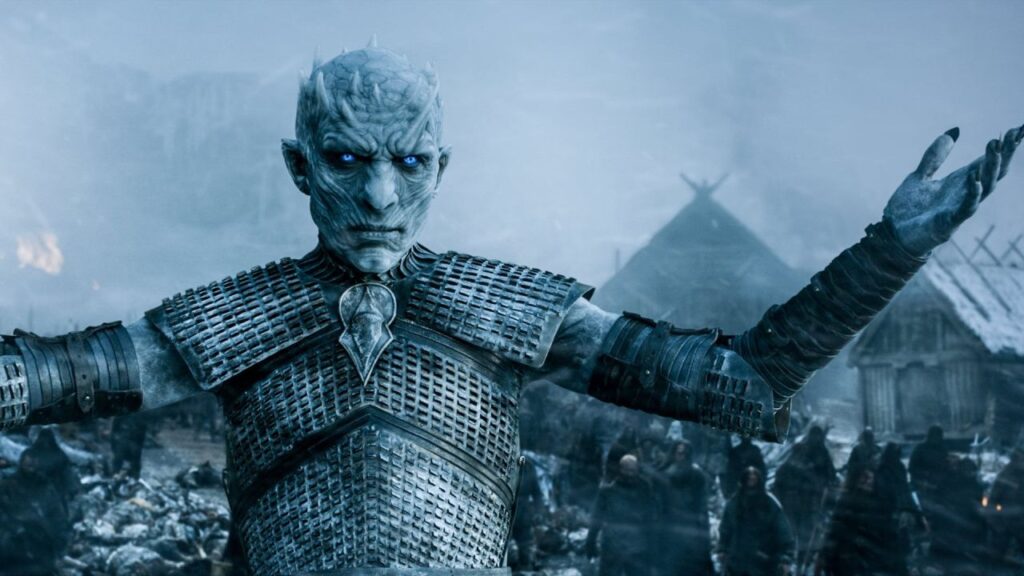
Warning: This article contains spoilers for the latest episode of “The Penguin.”
If there’s any cable network that understands the age-old trope that even the biggest villains oftentimes consider themselves the hero of their own story, it’d be HBO. The so-called Prestige TV era first defined itself with classics such as “The Wire” and “The Sopranos” back in the late ’90s and early aughts, both of which featured some of the most unsavory characters in all of fiction who nonetheless didn’t see themselves that way. This golden age of television would soon be joined by the likes of “Breaking Bad,” “Mad Men,” and other rivals that followed in their footsteps by placing complex, three-dimensional, but ultimately very bad people in the role of lead protagonist.
It comes as no surprise that “The Penguin” would take its cues straight from “The Sopranos” in that regard, spinning off from Matt Reeves’ “The Batman” and leaving Robert Pattinson’s Batman on the sidelines entirely in favor of Colin Farrell’s mobster Oswald Cobb. But the series fully comes into its own by refusing to falling into the same trap that has plagued countless movies and shows before it and turning that into its greatest strength.
Make no mistake: showrunner Lauren LeFranc has made it abundantly clear that this isn’t a story about putting Oz on a path to “redeem” his soul, reframe him as some “misunderstood” antihero, or otherwise water down his most villainous traits from the movie. Every week further fleshes out and humanizes the motivations behind the larger-than-life gangster, to be sure, but that’s where any sympathy viewers might have for the character ends. Instead, episode 7 (titled “Top Hat”) takes the most dramatic steps yet to emphasize that the Penguin is — and always has been — the bad guy.
The Penguin’s villainy began in childhood
From the moment episode 7 begins with an extended flashback scene going all the way back to Oz’s childhood, it was easy to assume that the series had just made its first major misstep. In general, the temptation has always been high to use this plot device as a way of shifting the blame away from a troubled character and make them out to be a victim of circumstances. Retroactively add a tragic backstory and some cartoonishly evil figures in close proximity as a kid and, well, how could we possibly blame someone who had little choice but to turn into a villain like the Penguin?
Well, not so fast! What “The Penguin” accomplishes instead feels like its best creative decision yet. It’s already been established that Oz is something of a mama’s boy, especially since his older brothers died many years ago and left him as the only man in the house to take care of Francis (Deirdre O’Connell). We otherwise didn’t know exactly what happened during his troubled adolescence that set him on a path to becoming the Penguin … until now. In two flashback sequences bookending the episode, we see young Oz and his brothers navigating life in a neighborhood indebted to local crime boss Rex Calabrese and without the benefit of a father to provide for their family. Consumed by jealousy of his brothers (both of whom receive far more attention and responsibility from their mother than our disabled protagonist does) and an obvious desire to make a name for himself, Oz makes the shocking choice to orchestrate his brothers’ deaths and leave them to drown — in the very same underground tunnels that he just turned into his new hideout, no less.
And that’s the key — it was his choice. Nobody forced him to do this against his will, nor was it a tragic mistake. Rather, our main takeaway here is that Oz was always capable of becoming someone as murderous as the Penguin, even from a young age.
In The Penguin, Oz Cobb is no hero … or even an antihero
When “The Penguin” was first announced as a spin-off series, I’ll admit to feeling skeptical. “The Batman” had already given us a terrific reinvention of the classic Batman villain and, most importantly, in the perfect amount of screen time — anything more would run the risk of the Jack Sparrow effect on display throughout the awful “Pirates of the Caribbean: On Stranger Tides,” in which a scene-stealing supporting character instantly becomes much less interesting when pressed into a leading role. Rather than diluting Oswald Cobb and overexposing the character, however, the HBO series has resisted the urge that partly led to fandoms embracing characters like Walter White or Don Draper as heroes or, at worst, antiheroes.
“The Penguin” pulls this off by repeatedly giving Oz chances to do the right thing … only for him to choose his own self-interests at every turn. The addition of young Victor Aguilar (Rhenzy Feliz) underlines this approach to an extreme, by initially propping him up as a potential voice of reason who could influence the Penguin and steer him back to the light. Instead, his entire arc has been one where an innocent boy falls victim to Oz’s corrupting influence and loses pieces of his soul along the way (not unlike Jesse Pinkman in “Breaking Bad”). Elsewhere in episode 7, the series unleashes its most darkly humorous twist in the war raging between Oz and Sal Maroni (Clancy Brown). Captured and dragged back to his underground drug lab to hand over his operation to the Maroni/Sophia Falcone (Cristin Milioti) alliance, the Penguin turns the tables and defeats his longtime enemy. But almost immediately after rallying his surviving troops with an inspiring speech, Oz turns tail and literally runs away like a coward as soon as he realizes that Sophia has sent a car bomb to destroy his lab … abandoning his army of followers to suffer a grisly fate. Once a villain, always a villain, indeed.
New episode of “The Penguin” air on HBO and stream on Max every Sunday.


